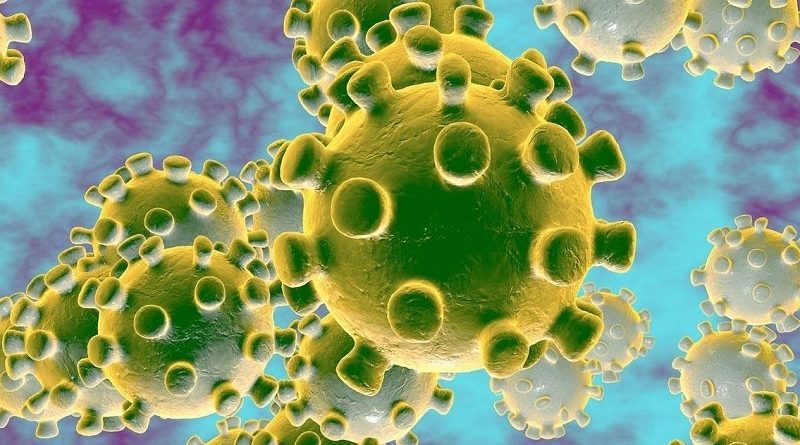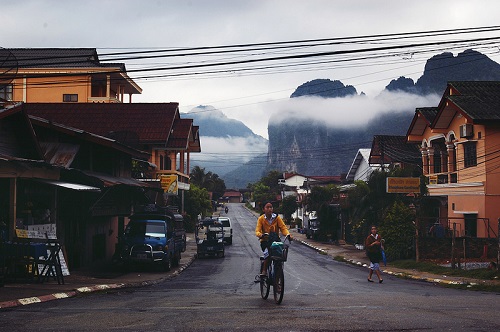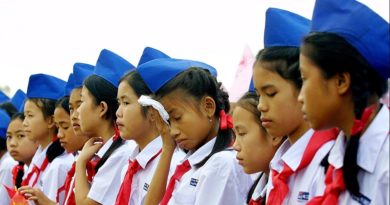Economic Recession Possible In Laos Due To Covid-19
Source: Vientiane Times
Laos’ economy could possibly face a recession, with growth in 2020 expected to drop from the predicted 6.7 percent to 6 percent, because of the outbreak of the coronavirus (Covid-19) in many countries around the world.
Like other nations threatened by the virus, the Lao government is implementing measures to prevent the spread of the disease.
Acting President of the National Institute for Economic Research, Dr Leeber Leebouapa, told Vientiane Times in an interview on Monday “Despite Laos not detecting any infections as yet, the virus has already massively affected the economy.”
The first sector hit hard by the situation is tourism, followed by investment and trade. The outbreak has impacted all the factors that are a springboard for the economy.

Dr Leeber pointed out that tourists from several countries, such as China and South Korea, have cancelled visits to Laos.
The outbreak has not only affected China, where the virus was first detected in Wuhan, the capital of Hubei province, but has spread much further afield to countries in other continents.
The leading economic researcher said revenue from tourism has dropped dramatically after flights were cancelled and the number of tourists began falling. The tourism industry is one of the main sources of revenue for Laos.
Domestic passenger transport services, especially on overseas routes, have been cut due to the virus, including international bus services and flights by Lao Airlines. The airline suspended almost all flights to China last month and also suspended flights to the Republic of Korea from the beginning of March.
Korean Airlines halted services to several Asian cities, including the Busan-Taipei route, in late February. It will also cut the number of flights on the Incheon-Guam route and to 14 other destinations worldwide.
Dr Leeber said the outbreak had also affected investment as business operators have suspended plans to travel to Laos and business projects have been postponed.
Trade is also facing the problem of shipments of some goods being affected by restrictions.
The economy is impacted in a big way by services, investment and trade, and if these sectors slow down, the result will be sluggish economic growth in 2020, he said.
Dr Leeber said the government had expected the growth rate to be 6.7 percent, or 0.3 percent higher than last year. But it will be impossible to meet this target because several sectors have clearly been affected by the outbreak.
He added that when the government had set the expected rate of growth, it had not anticipated the impact of the virus. The National Assembly had approved the socio-economic development plan at the end of last year.
“2020 is a bigger challenge,” he said.
Last year, the country’s economy suffered due to natural disasters such as floods and drought, but this year’s threat is the coronavirus.
“It is more dangerous than the factors which impacted the economy last year. The impacts of the virus cover a larger area, while flooding and drought destroyed only farms,” Dr Leeber said.
The economic recession will be the slowest in a five-year period, he added. “If the outbreak continues over a longer period of time, the economy will run into severe problems. Now, countries have cut the growth rate of their economies.”
“We need to keep a close watch on the outbreak and put in place more measures to tackle it,” he added.
Talking about a plan B for dealing with a possible economic recession, he said one thing the government is paying attention to is monitoring and preventing the spread of the virus as a priority.
“Measures to address last year’s impacts were being implemented seriously, but this year we came face to face with a new problem.”
He suggested the most important thing is protecting Laos from an outbreak. “We need to save lives as the first priority. We have to accept the slow growth of the economy. We have to take action to protect ourselves,” Dr Leeber said.




